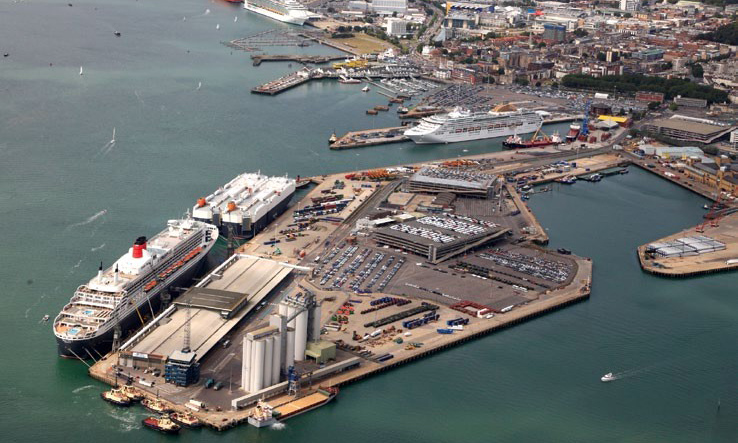Attracting developers post Brexit to invest in the country’s seaside towns and cities by offering one point of contact is behind the government’s new coastal agreement.
The government has revised the coastal concordat of seven years ago to make consenting development easier and to promote sustainable growth.
The National Federation of Builders housing and planning policy head Rico Wojtulewicz said: “Due to being hemmed in by greenbelt and the sea, coastal regions often have trouble growing in size and stimulating employment and opportunity.
“Therefore, this coastal concordat, introduced just before the UK leaves the EU proper, maybe the beginnings of a coordinated approach between local authorities and statutory consultees, such as the Environment Agency, to unlock and entice much-needed investment.”
The move comes as the chancellor Rishi Sunak steps up plans for ten tax-free ports in England within a year of leaving the EU on December 31st.
The budget set to be a launchpad for free ports
Mr. Sunak is expected to invite bids from local councils interested in their communities becoming free ports in his November budget.
Brokers Hank Zarihs Associates said property development lenders would be keen to offer finance for construction projects in such cities. The brokerage added if the government could streamline the planning process as well this would speed up regeneration.
Free ports would benefit from research and development tax credits, generous capital allowances, stamp duty, business rates cuts, and local planning law relaxation.
Such trade zones would allow goods to be imported, manufactured, and then re-exported tariff-free. This would allow raw materials to be brought in to be made into products in the UK and then exported.
Mr. Sunak first proposed the idea in a Centre for Policy Studies research paper in 2016 where he listed Southampton, Grimsby, Hartlepool, Hull, and Harwich as possible future freeports.
Prime minister Boris Johnson backed the concept during his Tory leadership campaign where Bristol, Teesport, Liverpool, and Belfast were also mentioned as possible candidates.
Across 135 countries there are more than 3,500 free trade zones that employ 66 million people.

